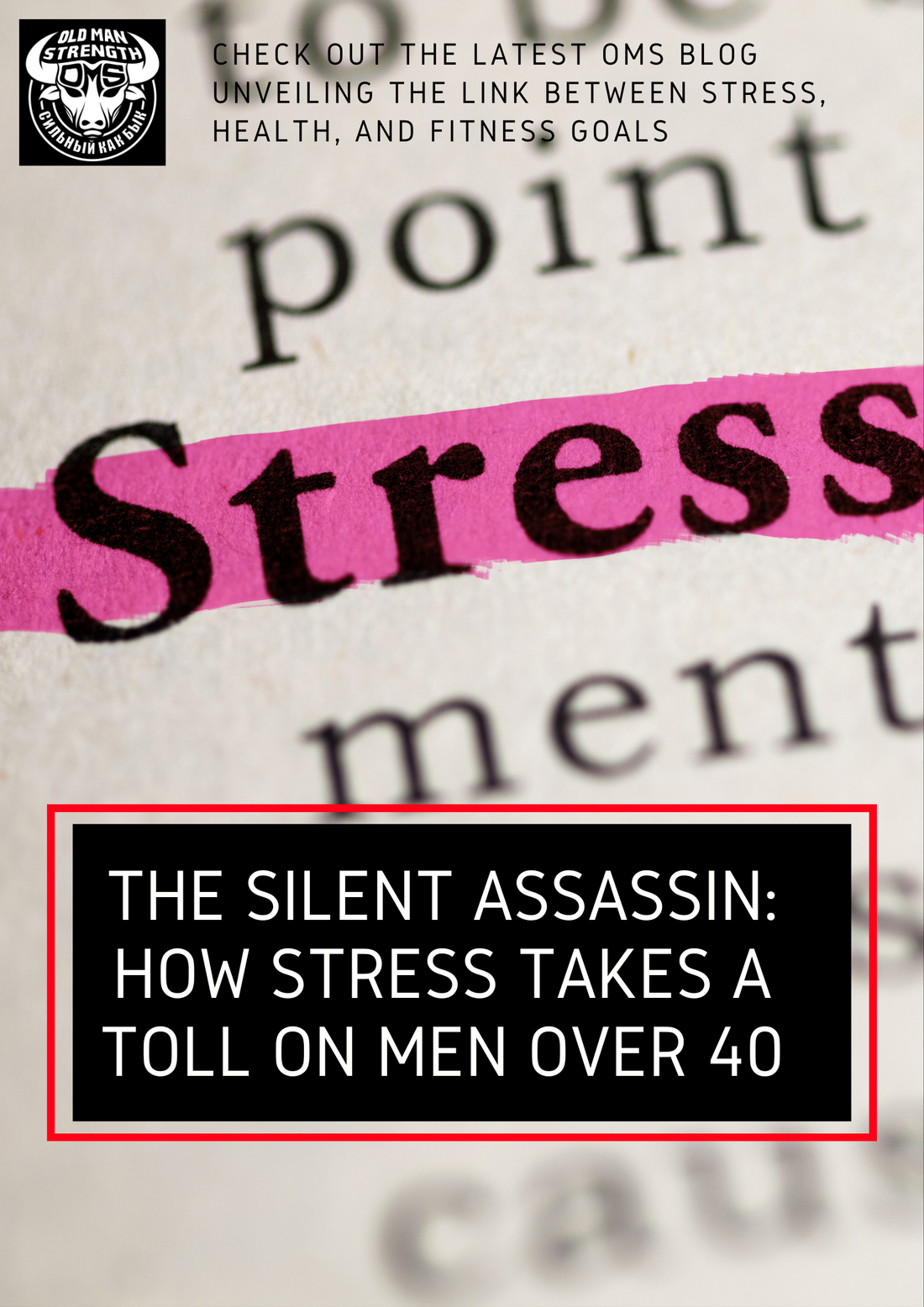
The Silent Assassin: How Stress Takes a Toll on Men Over 40
In part 5 of our 5 part series we delve into the world of stress and explore how it affects our health, focusing on its detrimental effects on strength training and overall fitness goals. In the relentless hustle and bustle of modern life, stress has become an unwelcome companion for many. Its impact is felt not only mentally but also physically, particularly for men over 40.
The Physiological Impact of Stress
Stress is not merely an unpleasant state of mind; it actively wreaks havoc on our bodies. Research reveals that chronic stress triggers a cascade of physiological responses that can lead to severe health consequences. For men over 40, stress can exacerbate existing health conditions and increase the risk of developing new ones. Interesting Statistic: According to the American Psychological Association, chronic stress is linked to six leading causes of death, including heart disease, cancer, and stroke.
Stress and Cardiovascular Health
The cardiovascular system bears the brunt of chronic stress. The release of stress hormones, such as cortisol, can elevate blood pressure, increase heart rate, and narrow blood vessels. Over time, this relentless strain can contribute to hypertension, heart disease, and an increased risk of heart attacks or strokes. Interesting Statistic: A study published in the Journal of the American College of Cardiology found that men with high levels of work-related stress had a 68% higher risk of developing heart disease.
Stress and Hormonal Imbalances
Maintaining optimal hormonal balance is crucial for men's overall health. However, chronic stress disrupts this delicate equilibrium. Elevated cortisol levels associated with chronic stress can lead to decreased testosterone production, impairing muscle growth, energy levels, and libido. Interesting Statistic: A study published in the Archives of Sexual Behaviour found that high stress levels were associated with lower sexual desire and decreased testosterone levels in men.
The Impact on Strength Training and Fitness Goals
For men over 40 pursuing strength training and fitness goals, chronic stress poses a significant hurdle. Stress-induced cortisol release not only hampers muscle growth but also contributes to muscle breakdown. This can result in reduced strength gains, prolonged recovery periods, and a higher risk of injuries. Interesting Statistic: Research conducted at the University of Chicago revealed that individuals with high levels of stress experienced slower muscle recovery and reduced muscle strength compared to their less-stressed counterparts.
Strategies to Combat Stress and Reclaim Health
Combatting stress is essential for men over 40 seeking to preserve their health and achieve fitness goals. Here are some effective strategies:
- Regular Exercise: Engaging in physical activity, such as strength training, cardio workouts, or yoga, helps reduce stress levels, promotes the release of endorphins, and enhances overall well-being.
- Stress-Management Techniques: Incorporate stress-management techniques into your daily routine, such as deep breathing exercises, meditation, or mindfulness practices. These can help calm the mind, reduce cortisol levels, and restore balance.
- Quality Sleep: Prioritise sleep hygiene and aim for 7-9 hours of quality sleep each night. Sufficient sleep aids in stress reduction, hormone regulation, and supports overall recovery. Check out Part 4 of our series on sleep
- Support Network: Cultivate strong social connections with friends, family, or support groups. Sharing concerns and seeking emotional support can alleviate stress and promote resilience.
Stress may be an unwelcome part of our lives, but understanding its impact on health is the first step towards mitigating its effects. For men over 40, the journey to excellent health and achieving fitness goals requires acknowledging and managing stress. By implementing stress-management strategies and adopting a holistic approach to well-being, men can reclaim control over their health, vitality, and overall quality of life. Remember, your body deserves the utmost care, so prioritise self-care and stress reduction on your path to a healthier, stronger you.
Stay strong.


